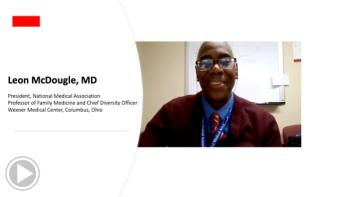
Black health care professionals and organizations have been holding conversations and town hall meetings to share information and reduce doubts about the safety of the COVID vaccines.

Black health care professionals and organizations have been holding conversations and town hall meetings to share information and reduce doubts about the safety of the COVID vaccines.
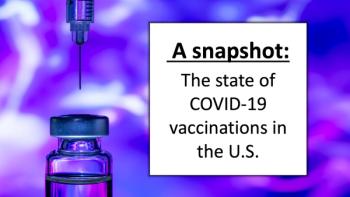
Results from an ongoing research project tracking Americans’ experiences with, and attitudes towards, COVID-19 vaccinations.

Drop in overall life expectancy attributed to “mishandling” of the COVID-19 pandemic.

Julianne Andrews, MBA, CFP, shares her expertise in a conversation with Medical Economics.
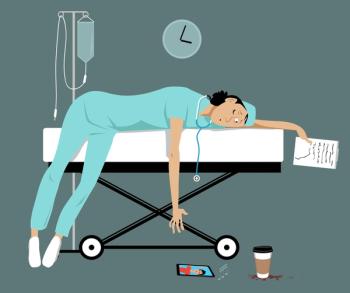
Reducing burnout requires an organizational-level response.

Two of the nation’s largest membership-based primary care groups are joining forces.
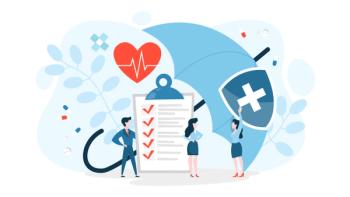
Public health insurance benefits include better access to care and higher quality of care.

Congressman Brad Wenstrup, D.P.M., spoke with us on how to overcome vaccine hesitancy and about the Doctors Caucus’s legislative agenda.
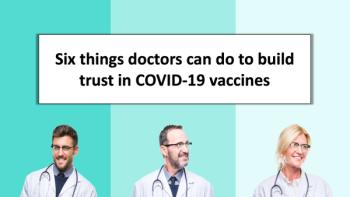
Nearly 80% of Americans say they’ll seek advice from health care providers when making the decision on whether or not to get the vaccine.
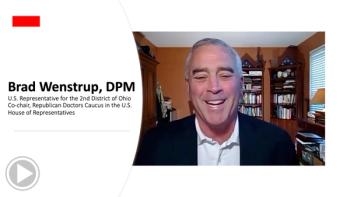
A conversation with Ohio Congressman Brad Wenstrup, DPM, about his efforts to persuade Americans to get COVID-19 vaccinations.
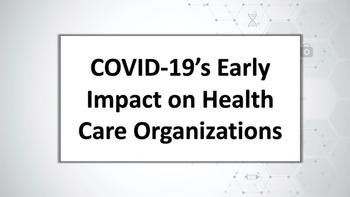
The COVID-19 pandemic has caused many medical practice owners and administrators to reexamine how they measure their organization’s progress.

The COVID pandemic has shown the importance of expanding coverage under the Affordable Care Act.
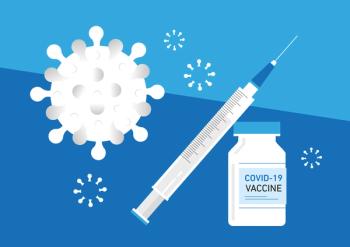
Primary care doctors can dispel misinformation about the vaccines because they are seen as trusted sources.

Recognizing implicit bias in decision making helps doctors improve their diagnostic accuracy.

When it comes to working on behalf of health data interoperability, few people are better qualified than Micky Tripathi, Ph.D., M.P.P., the new head of the Office of the National Coordinator for Health Information Technology (ONC).

The greater affordability of health insurance purchased on the health care exchanges will benefit many patients.

Telehealth makes it easier for patients to receive follow-up care from their physicians.

How expanded use of telehealth is making it easier for people in underserved communities to obtain primary care services.

Many doctors find it difficult to balance current wants and needs with long-term financial security.

Vaccines for COVID-19 and other coronaviruses could be produced quickly and inexpensively if a new vaccine development method now being tested proves successful.

COVID testing and vaccination sites and programs often don’t understand the challenges faced by Black Americans.

Adequate insurance coverage and greater diversity among care providers can improve adherence and use of preventive measures among Americans of color.
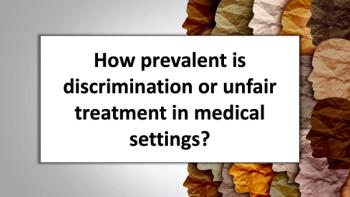
Highlights of a recent survey.
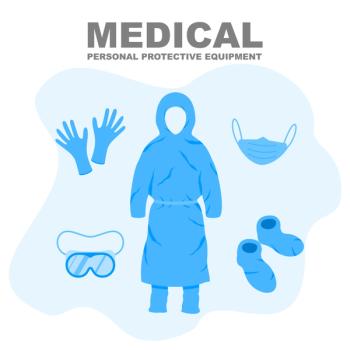
Doctors anticipate using more personal protective equipment (PPE) and using telehealth more often after the COVID-19-pandemic than they did pre-pandemic.

The bill contains provisions that benefit doctors and medical practices.
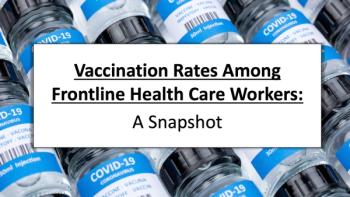
This survey of 1,327 health care employees reveals differences in attitudes towards COVID vaccines.
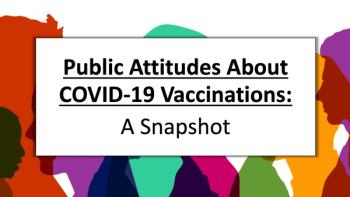
Here are nine key takeaways based on results of a recent survey.

Congress approved a new round of funding for the Paycheck Protection Program, but the rules for borrowing and using the money have changed. Is your practice eligible?
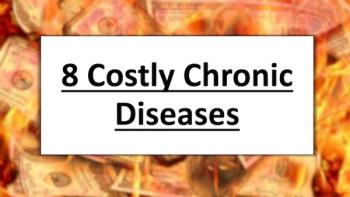
Here are eight of the most costly chronic diseases and conditions, along with three of their biggest risk factors.
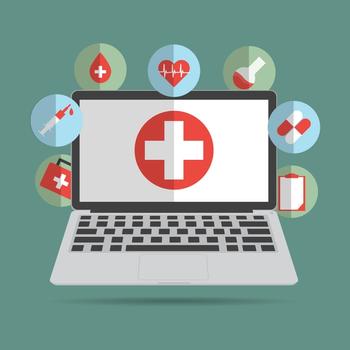
Practices still have to carefully plan their workflows in order to make the most of such visits.